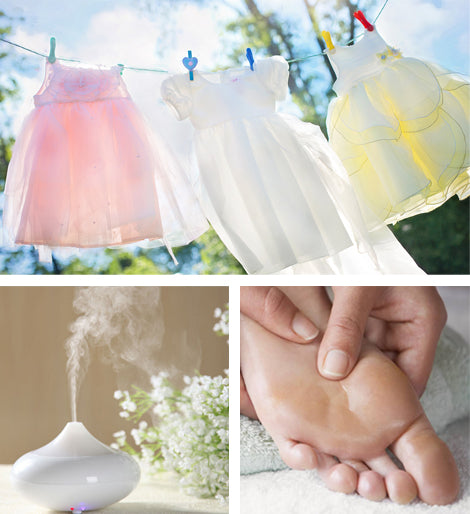Dr. I’s clinical findings support:
*lung and respiratory health*inflammation and pain pattern
*injury and post-surgical support
*joint health
*liver health
*skin health fungal support, jock itch
*hangover remediation
*bug bite/sting neutralization

Aroma
penetrating camphoraceous, woodsy, fresh, medicinal
Energetic Properties:
invigorating, inspiring, focused, refreshing, rejuvenating, motivating, renewing, uplifting, lively, powerful

Medicinal properties:
The trees of the outback have long been used by herbal healers to support the respiratory system against infections leading to sore throat, cold, flu, cough, sinusitis, bronchitis and laryngitis. These oils have been appreciated for their boost to immunity and clearance of congestion and mucous from the lungs and sinuses in colds and allergies.
These plants have a benefit to the skin and have been used for cuts, sores, boils, bites and stings as well as to ward off bugs, yeast and fungal growths. Herbalists have given them to promote circulation in the skin and tissues to soothe sore joints and painful muscles.
They have been given as teas in situations poor diet and excess drink leading to toxic conditions and affecting the health of the liver and kidneys. They have been also been used to support the health of the kidneys, bladder and prostate in states of infection and impotence.
Bring Nature's Breezes to you:
Topical: Use as a perfume or apply to bottoms of feet with a carrier oil for aromatherapy.
Aromatic: Diffuse anywhere offensive odors, mold, microbes or dust mites are found.
Tip: Add to the washing machine, dryer, or directly inside shoes to neutralize odors.

Historical & Spiritual use:
The Australian Aborigines called eucalyptus “kino” and bound the leaves around wounds to protect against infection. They did the same with the tea tree leaves and that finding was passed onto Captain James Cook in 1770 which he shared with the colonists for their use. Eucalyptus and tea tree have were also used by the Aborigines as a traditional medicine against infections, fever, skin conditions and muscle and joint pains.
In ancient Egypt the pine tree was used for pulmonary infections like tuberculosis and pneumonia through steam inhalations. Because it did not shed its needles in the winter it was considered a plant of “immortality.”
It is said Eucalyptus leaves will help protect he or she who carries them and tea tree leaves should be hung in spaces inhabited by sick people. The balsamic scent of pine needle oil is used to relieve anxiety, depression and mental fatigue by calming the nervous system.









